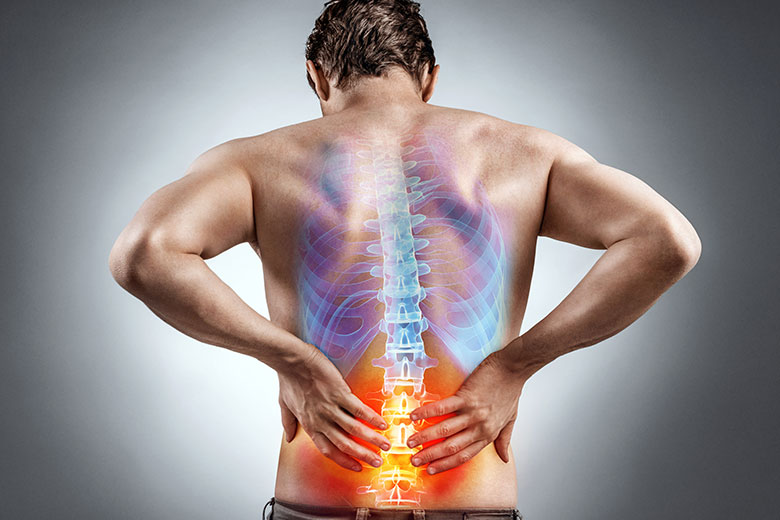Uncontrolled, acute inflammation can become prolonged, leading to chronic pain. Anti-inflammatory drugs, like NSAIDs, are commonly used to moderate pain. However, although effective at reducing inflammation in the short term, they block the natural inflammatory response, leading to immune suppression and other side effects.
Recent research suggests that non-regulation of inflammation and consequent pain may be due to reduced biosynthesis of SPMs. Supplementation might therefore help to inhibit inflammatory pain and improve the quality of life of patients with conditions like arthritis or chronic headaches, without causing immunosuppression.
The analgesic effects of SPMs is likely due to their counter-regulation of the actions of pro-inflammatory mediators, enhance leukocyte phagocytosis and efferocytosis, increase the production of anti-inflammatory mediators and improve tissue regeneration via direct and immunological pathways. Because they modulate the inflammatory response, SPMs also promote long-term injury resolution, slowing the development of chronic pain.
